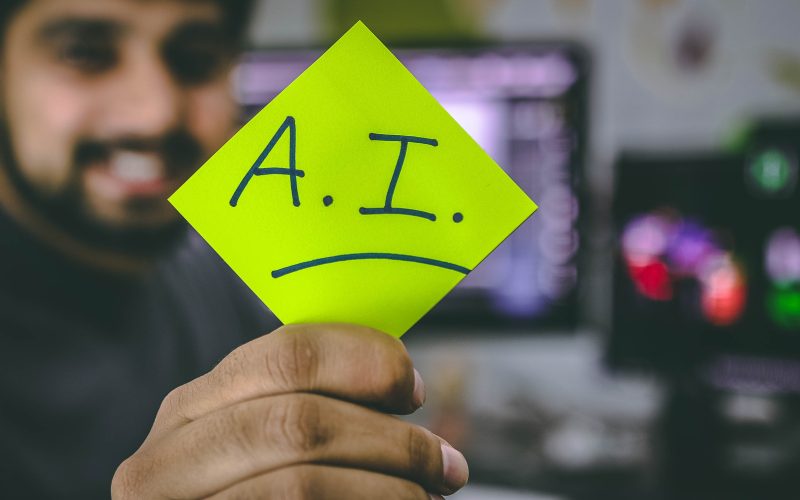Artificial Intelligence (AI) has come a long way since the first chatbots and virtual assistants. Today, AI is used in a wide range of applications, from self-driving cars to medical diagnosis. While AI has the potential to revolutionize many industries, it also poses significant moral dilemmas that must be addressed.
The Ethics of AI
One of the most significant ethical concerns surrounding AI is the potential for bias. AI algorithms are only as unbiased as the data they are trained on. If the data used to train an AI system is biased, the system will be biased as well. This can lead to discrimination against certain groups of people, such as minorities or women.
Another ethical concern is the potential for AI to replace human workers. While AI has the potential to automate many tasks, this could lead to widespread job loss and economic disruption. It is essential to consider the impact of AI on the workforce and to develop strategies to mitigate any negative effects.
AI and Privacy
AI also raises significant privacy concerns. As AI systems become more advanced, they will be able to collect and analyze vast amounts of data about individuals. This data could be used to target individuals with personalized advertising or to make decisions about their lives without their knowledge or consent.
AI and Warfare
AI also has the potential to revolutionize warfare. Autonomous weapons systems could make decisions about who to target and when to attack without human intervention. This raises significant ethical concerns about the use of force and the potential for unintended consequences.
The Future of AI
As AI continues to advance, it is essential to address these ethical concerns and develop strategies to mitigate any negative effects. This will require collaboration between policymakers, industry leaders, and ethicists to ensure that AI is developed and used in a responsible and ethical manner.
In conclusion, AI has the potential to revolutionize many industries, but it also poses significant moral dilemmas that must be addressed. From bias and job loss to privacy concerns and the use of force, it is essential to consider the ethical implications of AI and to develop strategies to mitigate any negative effects. Only by working together can we ensure that AI is developed and used in a responsible and ethical manner.












